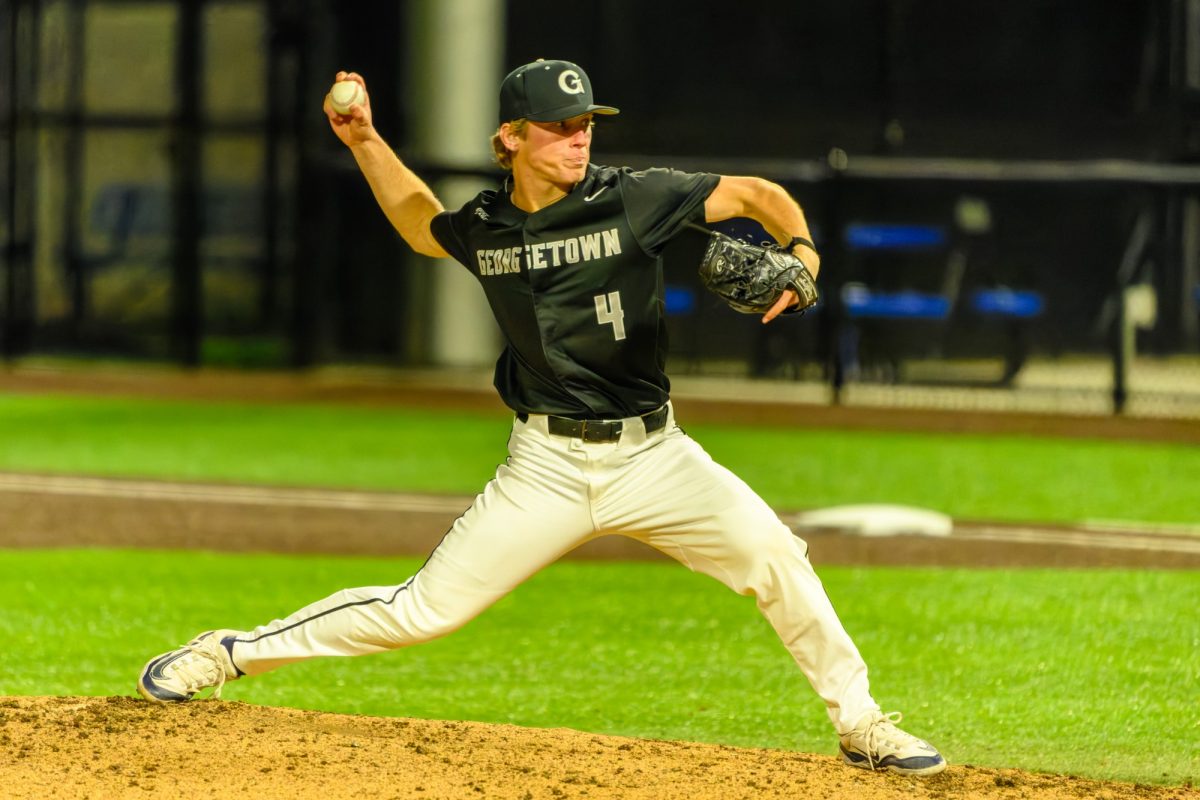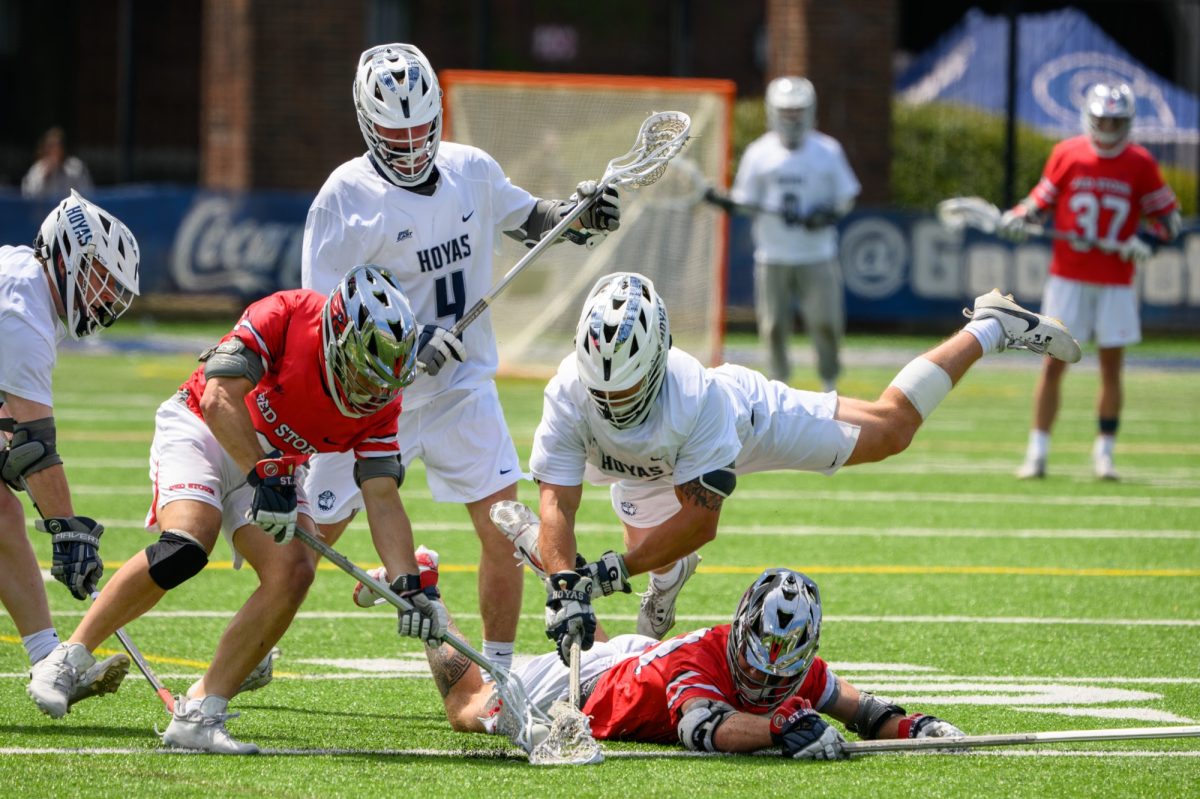For much of 2014, the NCAA did a phenomenal job of getting lambasted in the media. College basketball players went hungry because of to meal plan limitations, football players were controversially suspended and the lack of player compensation captured the nation’s attention.
However, it appears positive changes have finally begun to emerge. Last Saturday, the 65 member schools that form the Power 5 conferences, which are the Atlantic Coast Conference, the Big Ten, the Big 12, the Southeastern Conference and the Pac-12, voted for sweeping changes about the treatment and status of student-athletes. One of the most interesting changes prohibits coaches from terminating athletes’ scholarships purely for athletic reasons. Ultimately, the benefits of these measures outweigh the costs, but there are legitimate reasons to be wary of potential consequences.
The newly passed measure that prohibits athletic scholarships from being revoked for purely athletic reasons is interesting for several reasons, but first among those reasons is that many players on the 15-player committee spoke in fervent opposition to the idea. Some players felt that it could harm team chemistry and cause insubordination toward coaches.
In theory, this line of thinking has some merit. Permanently guaranteeing scholarships could create a moral hazard because the athlete is guaranteed his or her college education and the newly passed cost-of-attendance stipends regardless of the athlete’s on-field performance. In offering scholarships, schools take a risk on a player because they believe that the player will contribute to the success of the team. But with guaranteed scholarships there is no consequence for the athlete to bear.
While such a view is plausible and should be guarded against, especially for athletes that have no intention of advancing to professional leagues, the world of college sports is not that black and white, and it is probably for the best that an individual’s academic fate will no longer be tied to his or her on the field performance.
Debbie Yow, the athletic director for North Carolina State, summed up the idea well when she noted that mistakes on the part of coaching were not sufficient reasons to revoke scholarships. As much as fans or analysts try to find one particular person to blame for its losses, it is rarely that simple and there are often myriad factors that contribute to personal and team failure or success.
Guaranteeing scholarships could actually boost athletic performance because it removes a barrier to focus and concentration. If athletes do not have to live in fear for their scholarship renewal, they can spend more time focusing on both their sport and their studies. Additionally, their focus on academics and character, like refraining from any off-the-field legal issues or other school violations, could also increase because those are now the two main threats to eligibility.
The only people who are negatively affected by this initiative are prospective walk-on students. There are many high school athletes who are talented enough to make college teams but they are not offered scholarships because the NCAA limits the number of scholarships a school can offer per sport.
With scholarships guaranteed, it is likely that the number of walk-ons earning scholarships in the future will decrease, which is a shame for kids who spend years working their way up on the depth chart and are held to the exact same standards as scholarship athletes. Even if coaches still maintain this practice, something has to give because they cannot take the scholarship away from another player who proves to be less effective or talented than the walk-on.
A final thing to observe will be the effect on coaching and recruiting. The newly passed legislation gives coaches even less room for error because now their recruiting mistakes cannot be undone and once the team and university have agreed to commit resources to a player, those cannot be taken away. While it seems unlikely these changes will have an immediate impact, there could be additional pressure over time if prized recruits do not live up to their expectations on the field, especially because non-football teams have limited scholarships. For soccer, where only 10 scholarships per school were permitted during the 2013-2014 season, the new rules could have a major impact because misfiring on a recruit or two could create long-term problems because those scholarships could not be allocated more effectively.
By no stretch of the imagination does this make the NCAA an ideal organization and there are still issues, like concussion and head safety in college football, that need to be improved. However, this particular initiative that came out of Saturday was long overdue and ultimately a step in the right direction.
Michael Ippolito is a sophomore in the College. THE WATER COOLER appears every Friday.




















